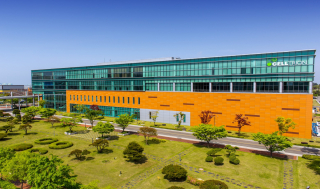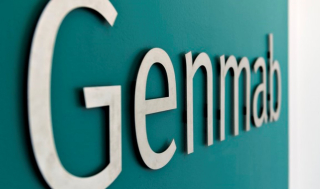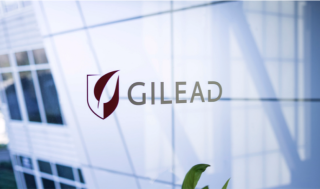기업
Crystal Genomics, securing exclusive rights for ‘Camrelizumab’, Chinese antibody to PD-1, in Korea
by Jongwon Jang
Signed a contract for exclusive rights of clinical development, licensing and sales for Camrelizumab With Jiangsu Hengrui Medicine.. A total of $87.75 million, including $1.5 million of down payment

Crystal Genomics will bring PD-1 immunosuppressant "Camrelizumab," developed and licensed in China, into South Korea.
Crystal Genomics (abb. Crystal) announced on the 21st that they had signed an agreement of exclusive licensing in Korea for Camrelizumab, an immune checkpoint inhibitor of the PD-1 antibody, with Jiangsu Hengrui Medicine. It means Crystal has an exclusive right to license and sell Camrelizumab including domestic clinical development.
This contract is worth $877.5 million (about 106.9 billion won). Crystal will first pay $1.5 million (about 1.8 billion won) in down payment to Hengrui Medicine, followed by $86.25 million in milestone payments. Specifically, the company has a sales milestone of up to $84.25 million based on its sales performance since commercialization, with $500,000 when it first clears the indications and $1.5 million when it expands the indications. Sales royalties are between 10 and 12 percent of net sales.
Chinese Hengrui Medicine is a pharmaceutical company listed on the Shanghai Stock Exchange and one of the world's top 30 companies with a market capitalization of $50 billion. It is also known as a company that has received approval in China for the anti-cancer drug "Riboceranib" developed by HLB Korea and producing sales of several hundred billion won each year.
Camrelizumab, which Crystal has secured exclusive rights in Korea, is a PD-1 cancer immune therapy drug developed and launched by Hengrui Medicine in June 2019. They obtained approval for sales as a 3rd line treatment for classical Hodgekin Lymphoma (cHL) in May 2019 and a second line treatment for liver cancer (HCC) in March 2020. Approval for non-small cell lung cancer and esophageal cancers is also expected within this year as it is under consideration in China.
For some other solid cancers including lung cancer, gastric cancer, esophageal cancer, lymphoma, malignant melanoma, more than about 60 clinical trials are currently underway in many countries including China and the United States.
CEO of Crystal, Cho Joong-Myung, said, "This exclusive contract for Camrelizumab of licensing in Korea, which we have selected through thorough verification. In addition to clinical development in the future, we will generate profit quickly from product approval and sales. Our plan is to further accelerate the development of immune-cancer drugs and combination therapies for which Crystal is working.”
Cho said, “In the case of immuno-cancer drugs, as the current treatment costs about 100 million won for each patient, we are planning to quickly obtain the approval from MFDS and to reduce the burden of national finance and patients by allowing them to be supplied at a lower price than existing treatments."
In the immune checkpoint inhibitor market, total sales of MSD’s Keytruda and BMS’ Opdivo, which are currently on the market, reached $ 10 billion (11 trillion won) last year, and expected to grow up to $ 24 billion (26 trillion won) by 2023. In the domestic market, Keytruda (MSD Korea), Opdivo (Ono Pharma Korea), Tecentriq (Roche Korea), and Yervoy (BMS Korea) are on sale, and the market size in 2019 had reached 193 billion won. This is an increase of 89% compared to 102.4 billion won in 2018.


















